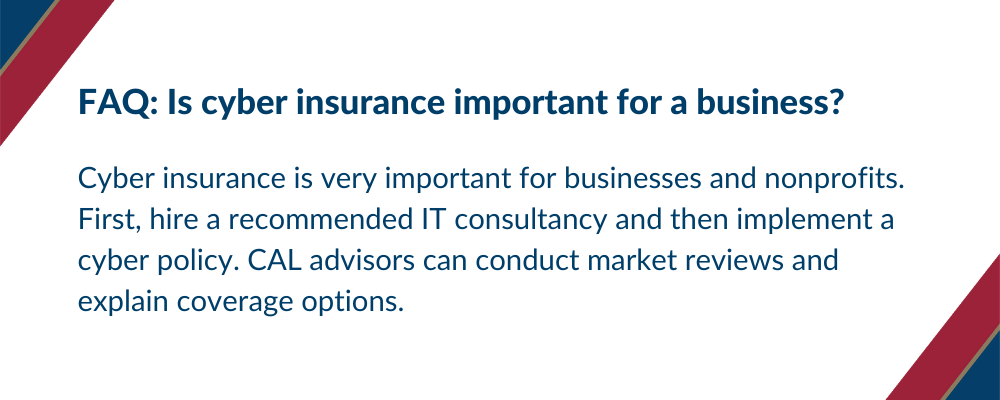Employee Benefits
Court Partially Invalidates No Surprises Act Dispute Resolution Process
On Feb. 23, 2022, the U.S. District Court for the Eastern District of Texas ruled to strike down part of an interim final rule related to the federal independent dispute resolution (IDR) process under the No Surprises Act (NSA), which was enacted as part of the Consolidated Appropriations Act, 2021 (CAA).
Background
The NSA prohibits “surprise billing,” or instances in which an individual receives an unexpected bill after obtaining items and services from an out-of-network provider or facility, when the individual did not have the opportunity to select a facility or provider covered by their health insurance network (such as during a medical emergency). The NSA provides for a federal IDR process to resolve payment disputes after unsuccessful negotiation, where a certified IDR entity will review the specifics of the case and services received and determine the final payment amount.
The Federal IDR Process
On Sept. 30, 2021, an interim final rule implementing the NSA’s IDR process was released. Under the rule, if a provider and a health plan cannot come to an agreement during the IDR process, the certified IDR entity must select the payment offer closest to the qualifying payment amount (QPA) (generally, the health plan’s median contract rate for the item or service in the geographic area), unless the certified IDR entity determines that information submitted warrants a different rate.
A physician advocacy group sued, arguing that the rule’s IDR process conflicted with the NSA’s requirements and that the Department of Health and Human Services (HHS) did not provide an adequate notice and comment period. The court agreed with both arguments, notably finding that the rule’s preference for QPAs created an unfair reimbursement system favoring health plans. As a result, the court invalidated this part of the rule.
The court’s ruling did not affect any other NSA provision. Therefore, the NSA’s protections against surprise bills generally remain in place. Federal agencies are currently reviewing the court’s decision and considering next steps.
Business/Commercial Lines

Private Client Services
Why do I need a Personal Umbrella Policy?
One of the most common questions many insurance professionals get, is “why do I need a Personal Umbrella Policy, what does it cover?” The simple answer is excess liability. Whether it is excess personal liability or automobile liability, excess liability is the primary function of a Personal Umbrella Policy. In the past, well-meaning insurance agents would tell their insureds that umbrella coverage is “extra insurance”, and this led many people to believe that the umbrella policy was providing extra coverage that home and auto policies don’t cover. Within PCS at CAL, we have received questions such as “I know I don’t have jewelry scheduled, but does my umbrella cover any jewelry?” and “I remember I didn’t select rental reimbursement, but I’m wondering if I may have some under my umbrella policy”? The answer to both of these questions is no. A Personal Umbrella is not intended to provide ‘throw-in coverage’, it is intended to protect your assets and protect you from wage garnishments in the event you are found liable for damages to another. As with all insurance, there are exclusions. For example, although bodily injury to others is covered by an umbrella, intentional bodily injury to another is not.
We’ve compiled some real-life examples of when umbrella coverage has been critical:
- $53.6 Million awarded to a woman injured in a car crash where the responsible driver hit her car head on. Settlement was for medical bills and emotional distress. (Ace Private Risk Services)
- $10 Million awarded to a 28-year-old engineer when he dove into a swimming pool, struck his head and became quadriplegic. Payment was made for medical bills and loss of future income. (Gallen Insurance)
- $11.3 Million awarded to a Florida woman who won an internet defamation lawsuit. The defendant had called the plaintiff a “crook” and a “fraud” on a website. (Ace Private Risk)
- $10 Million paid to a child that was playing at a friend’s house for a playdate. The family dog bit the child requiring facial reconstruction surgery. Payment was for medical bills and emotional distress (Bancorp Insurance)
In the above circumstances, if there had not been Personal Umbrella coverage in place, the liable parties could have had their wages garnished for decades, have their bank account levied or even faced property seizure to recover the judgement. If you would like to review your umbrella coverage or are interested in discussing how an umbrella may help protect you, please reach out one of our Private Client Advisors.

